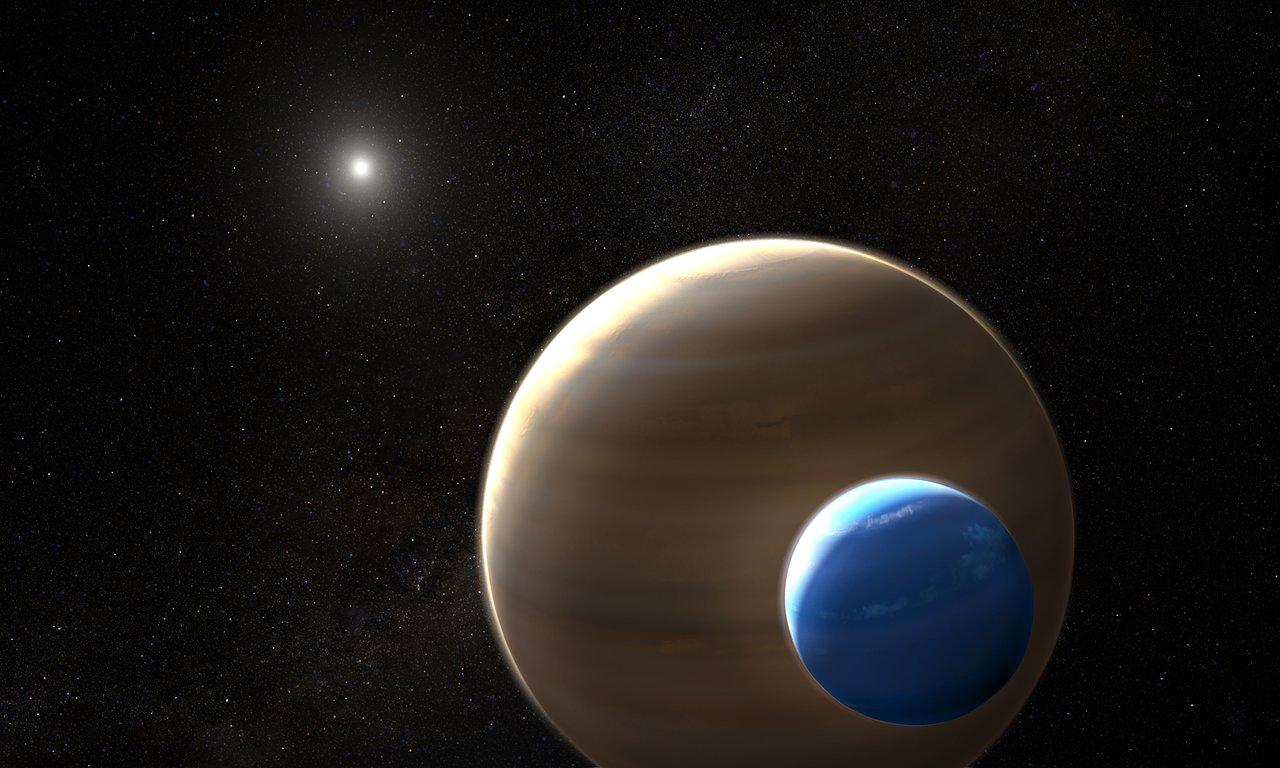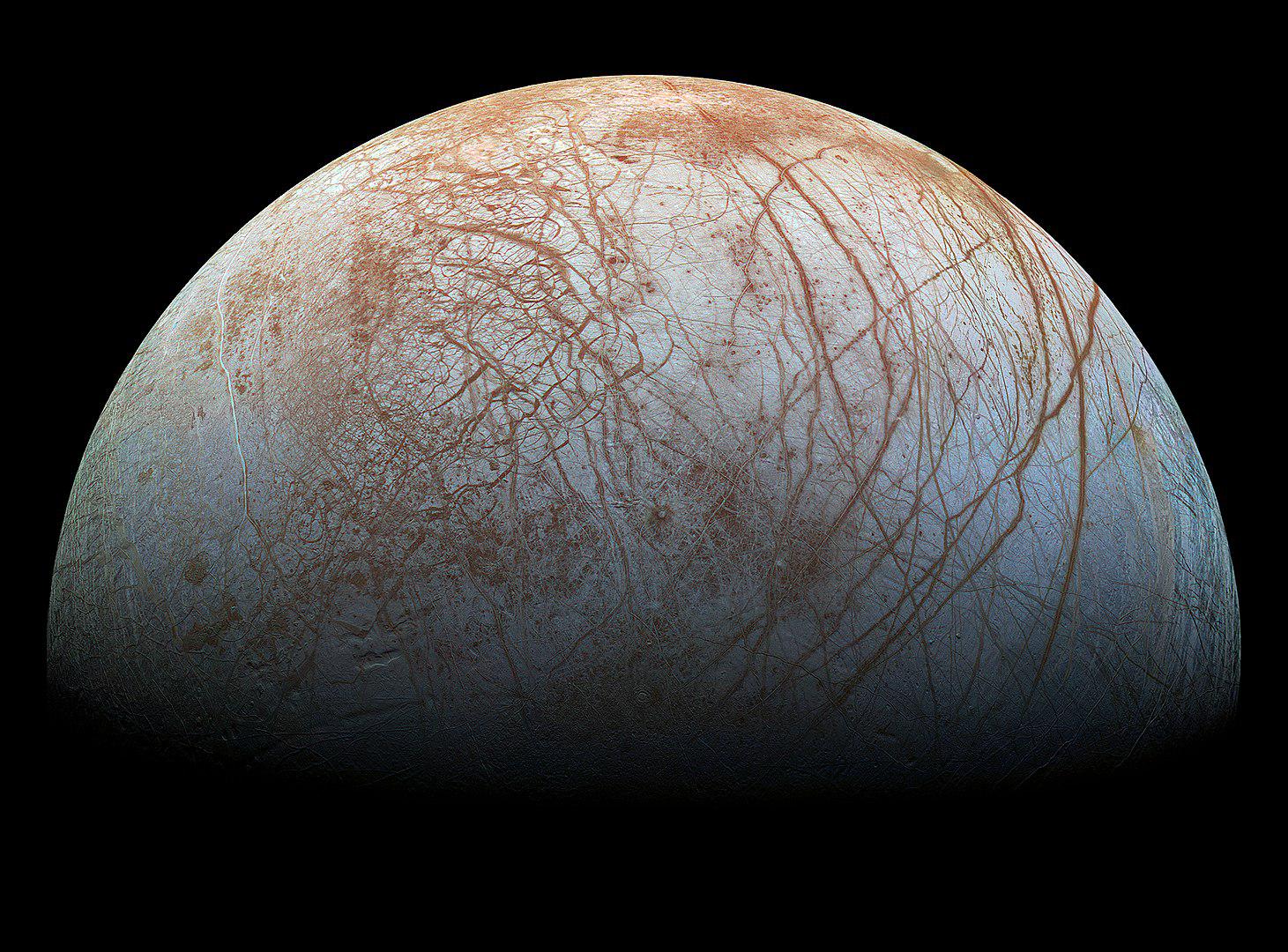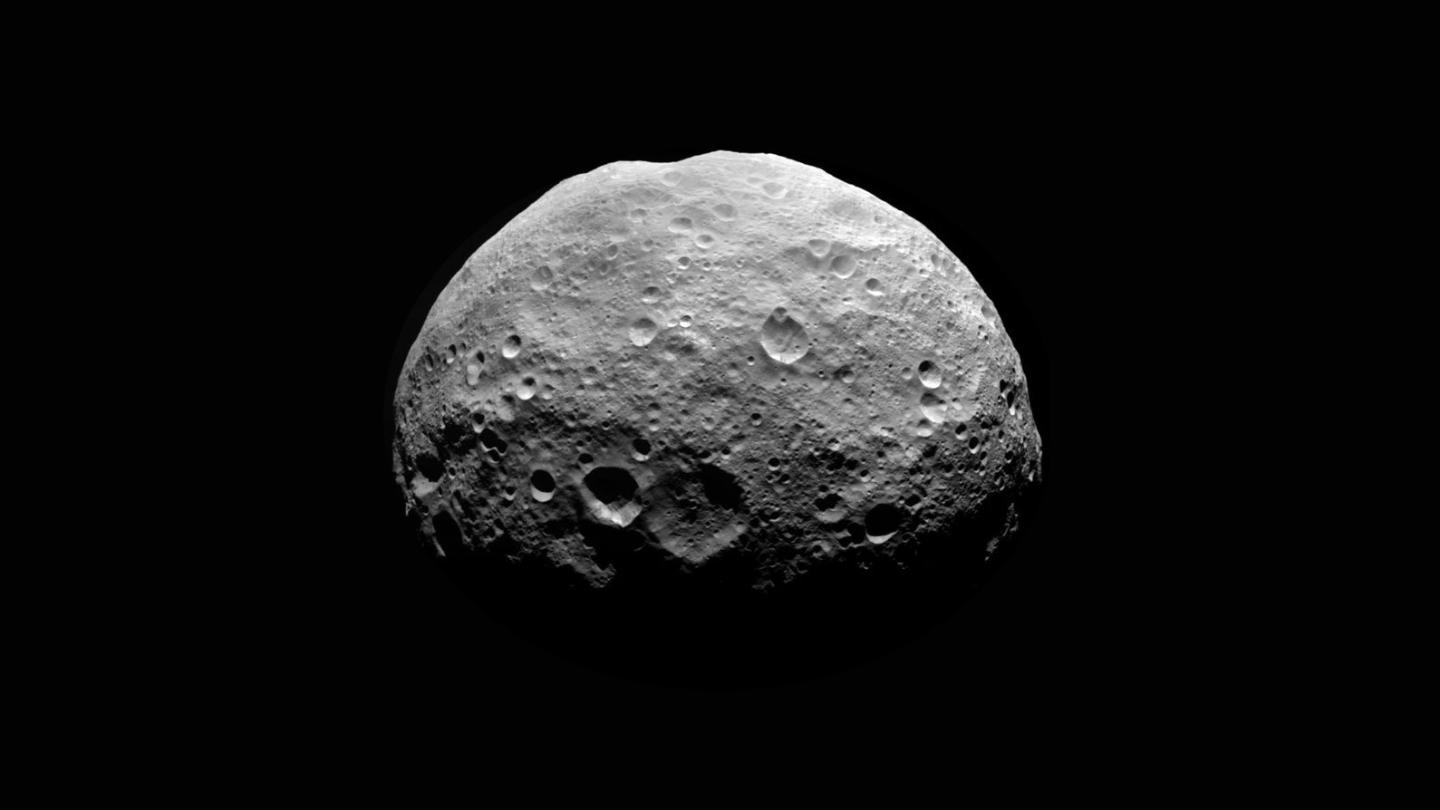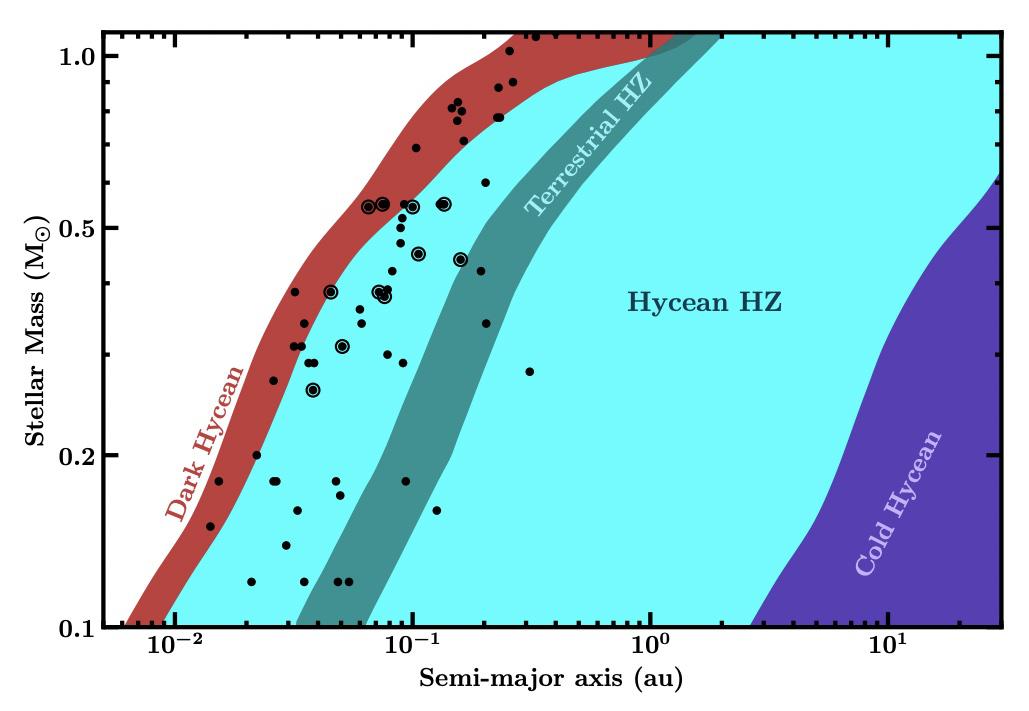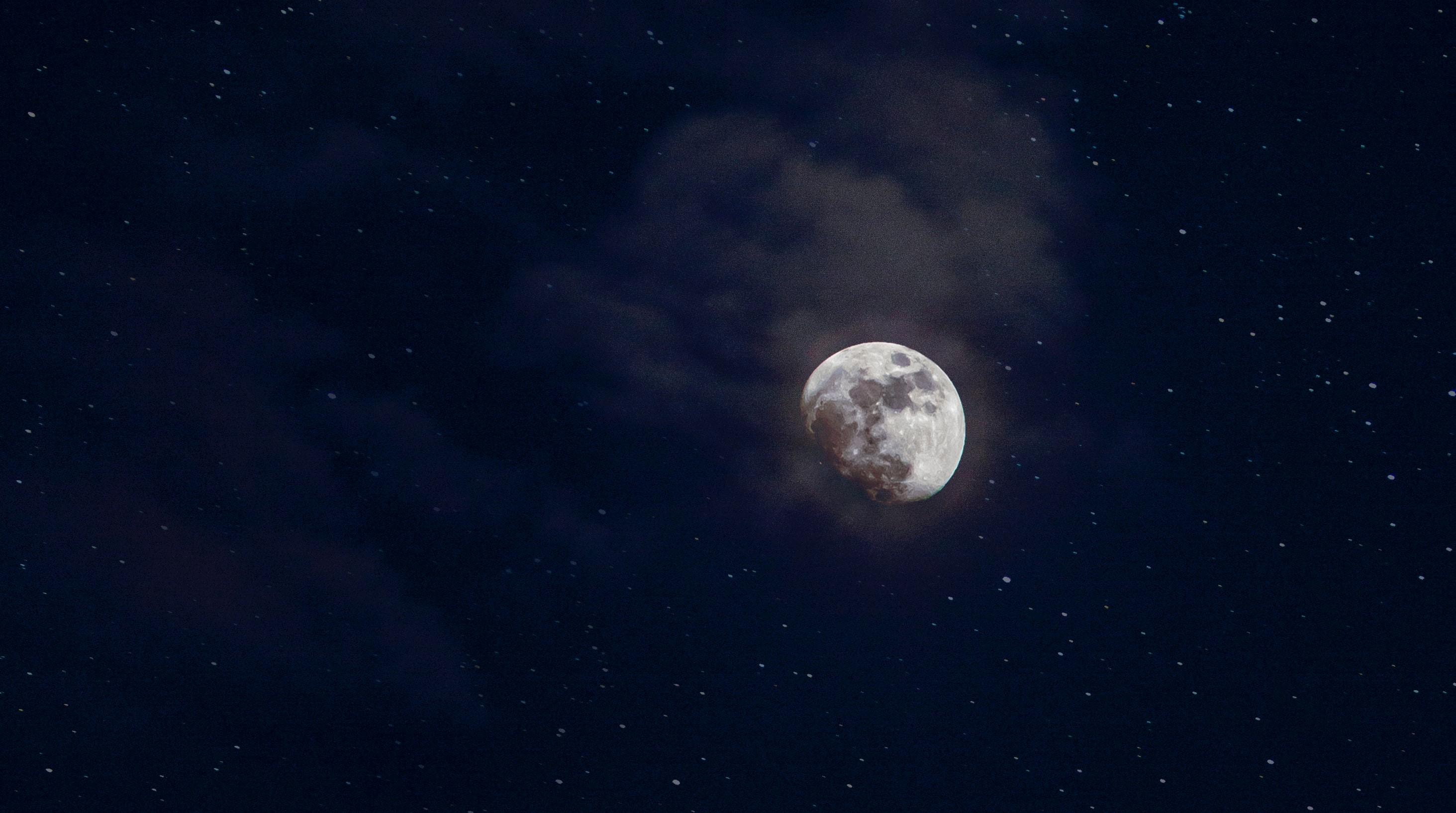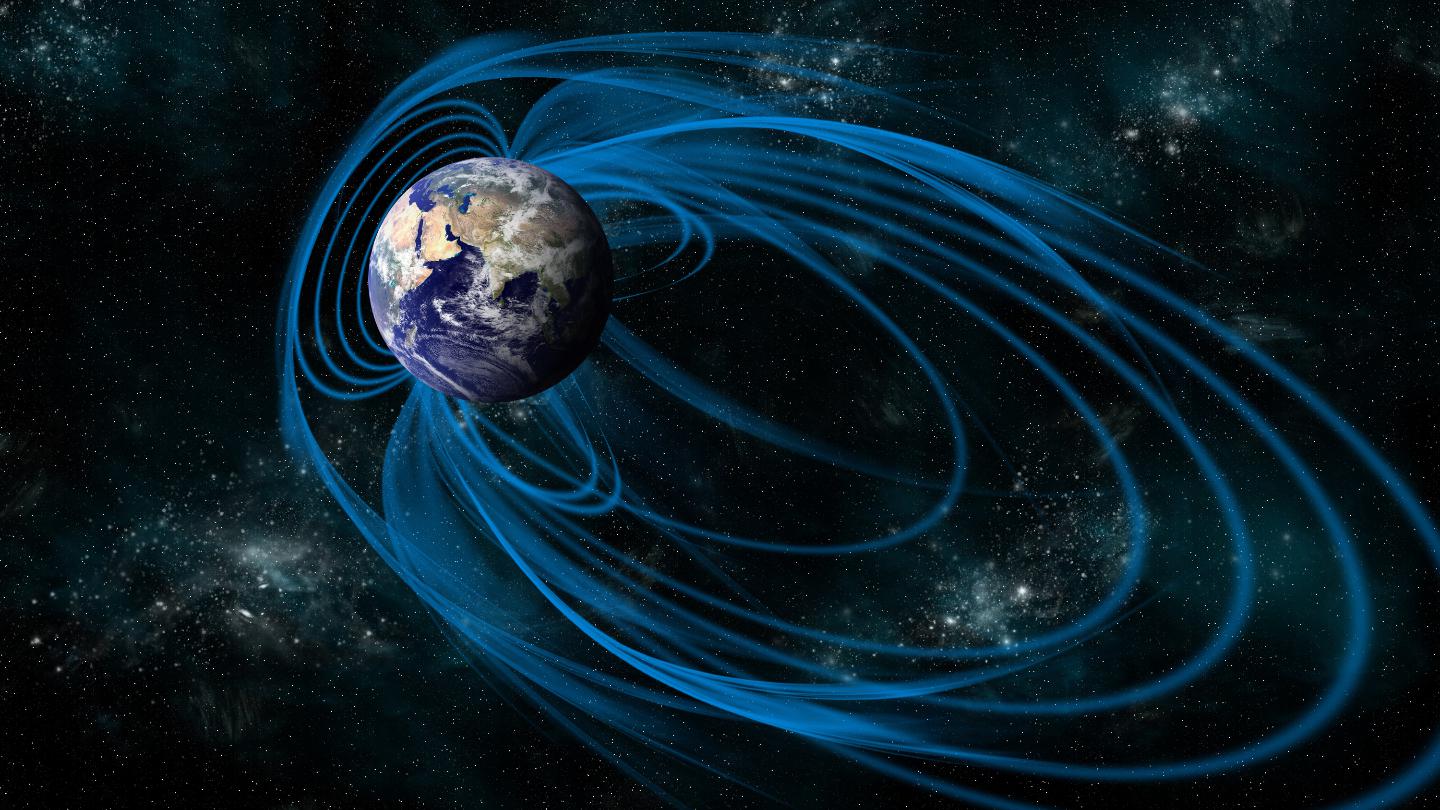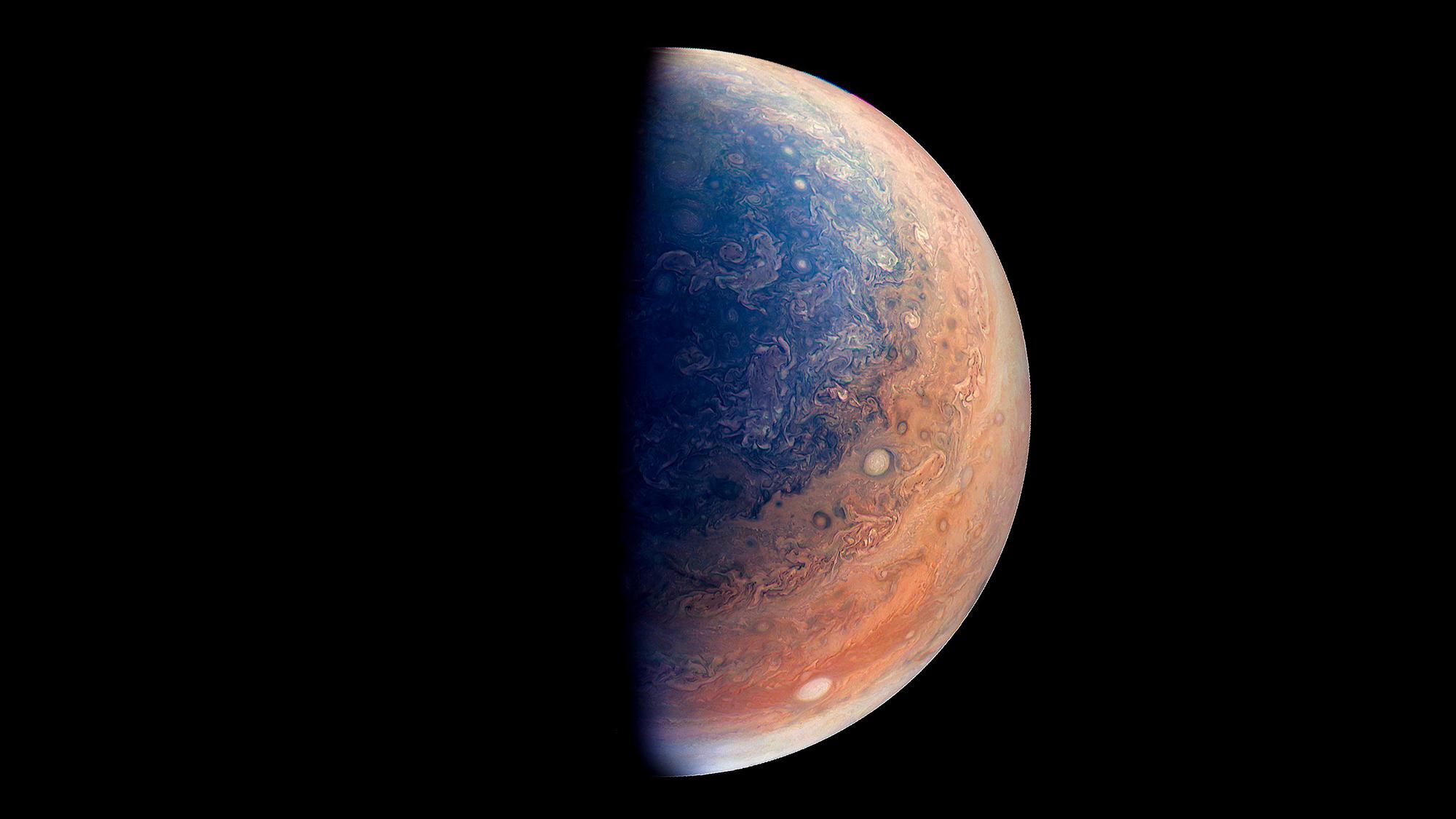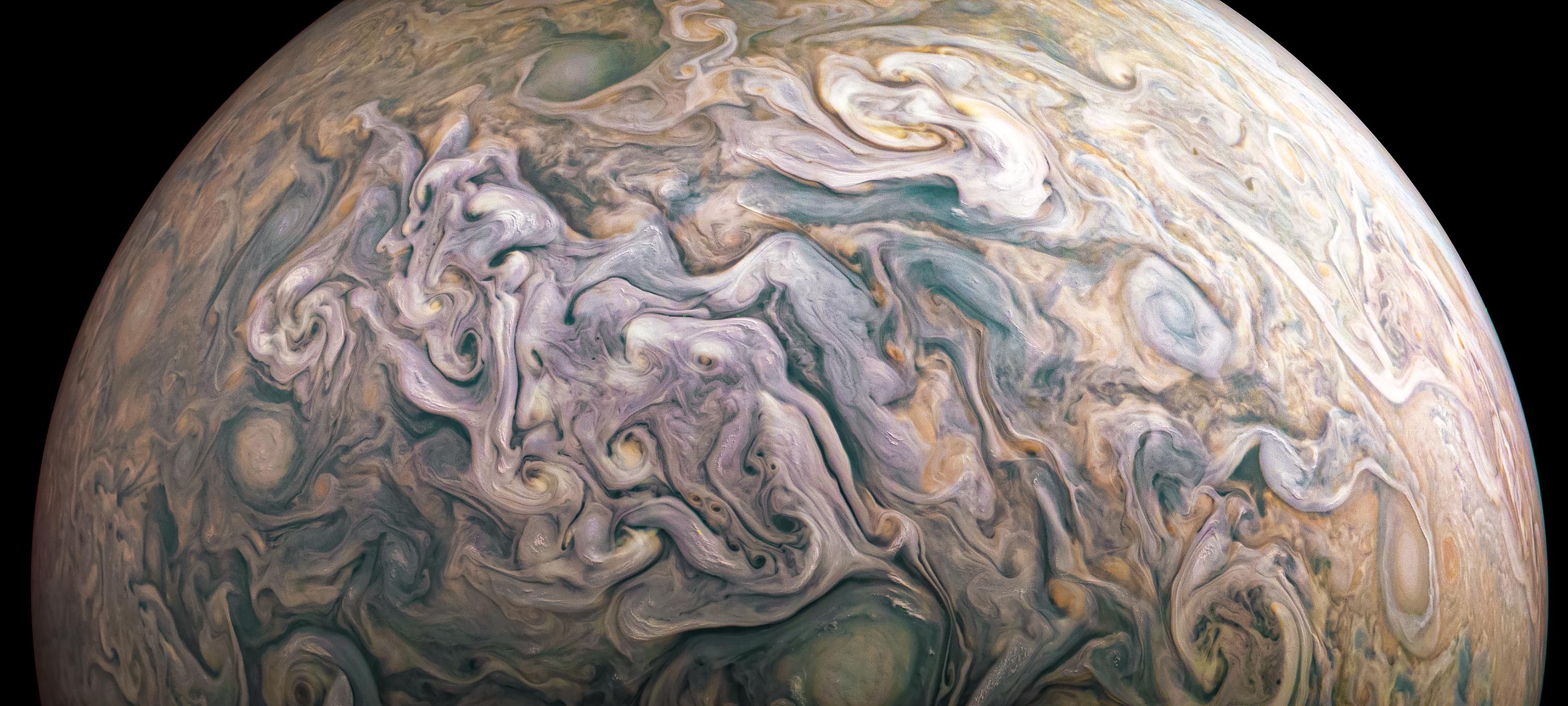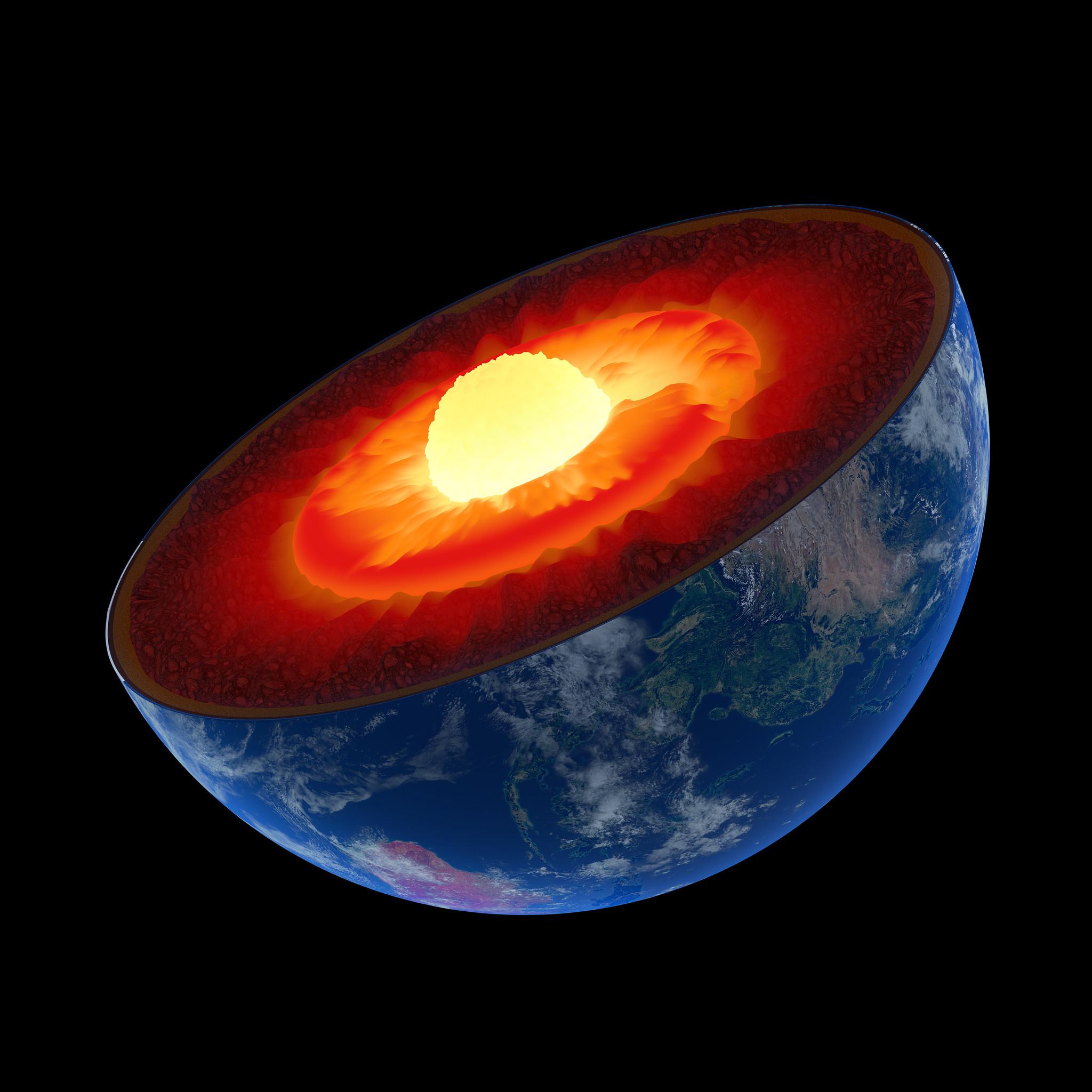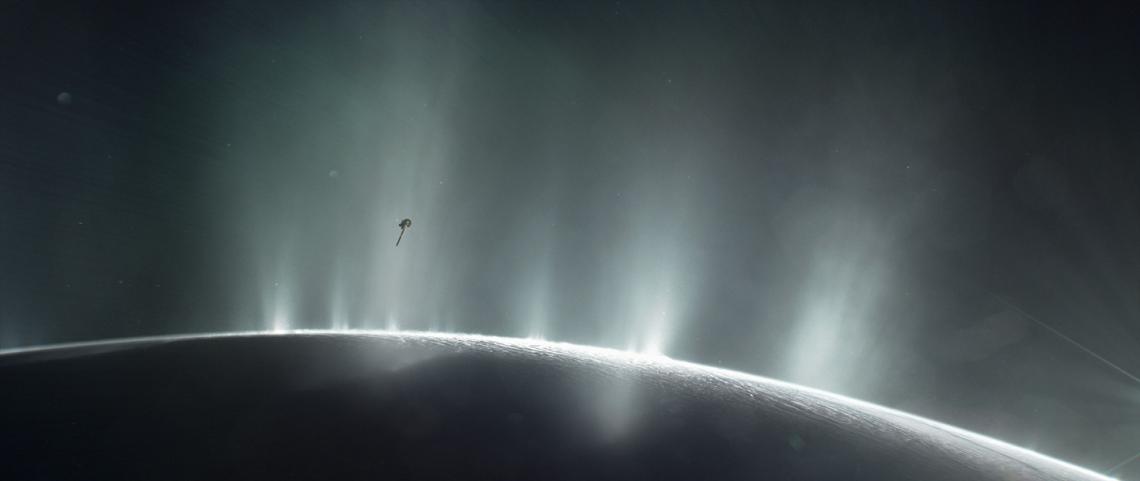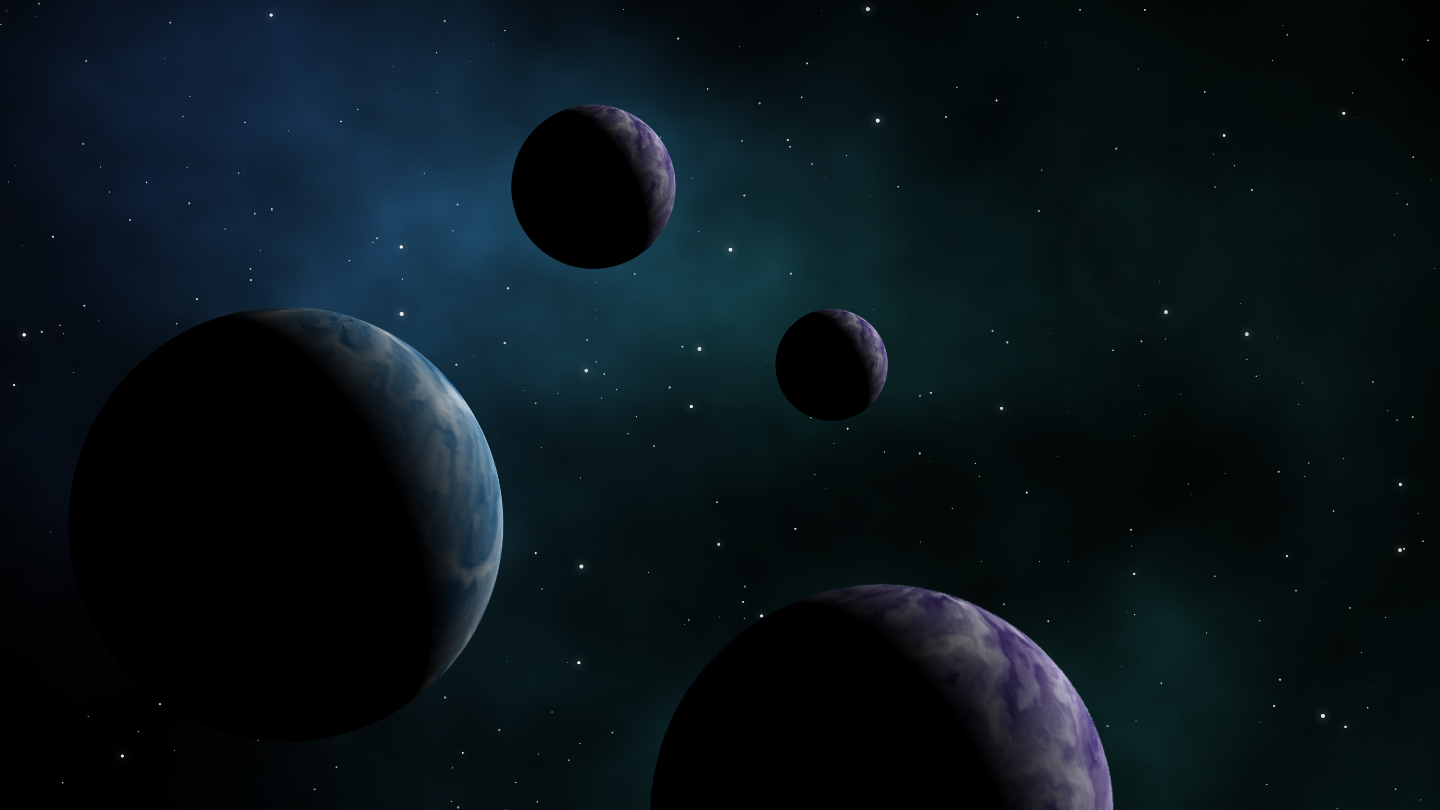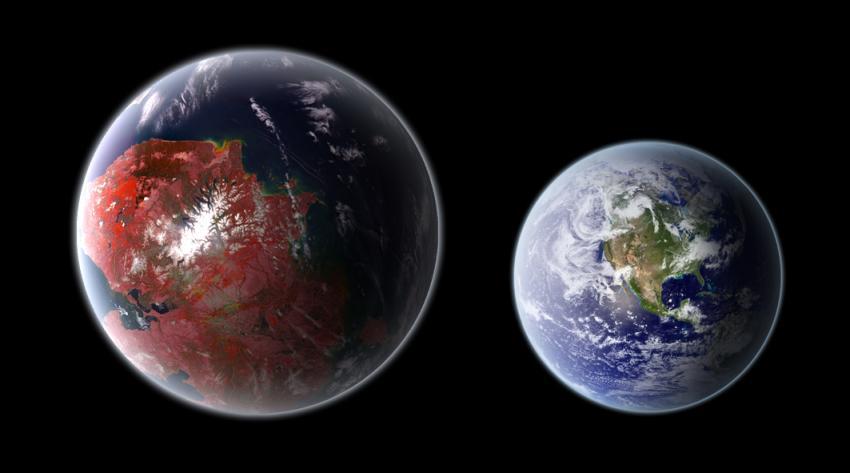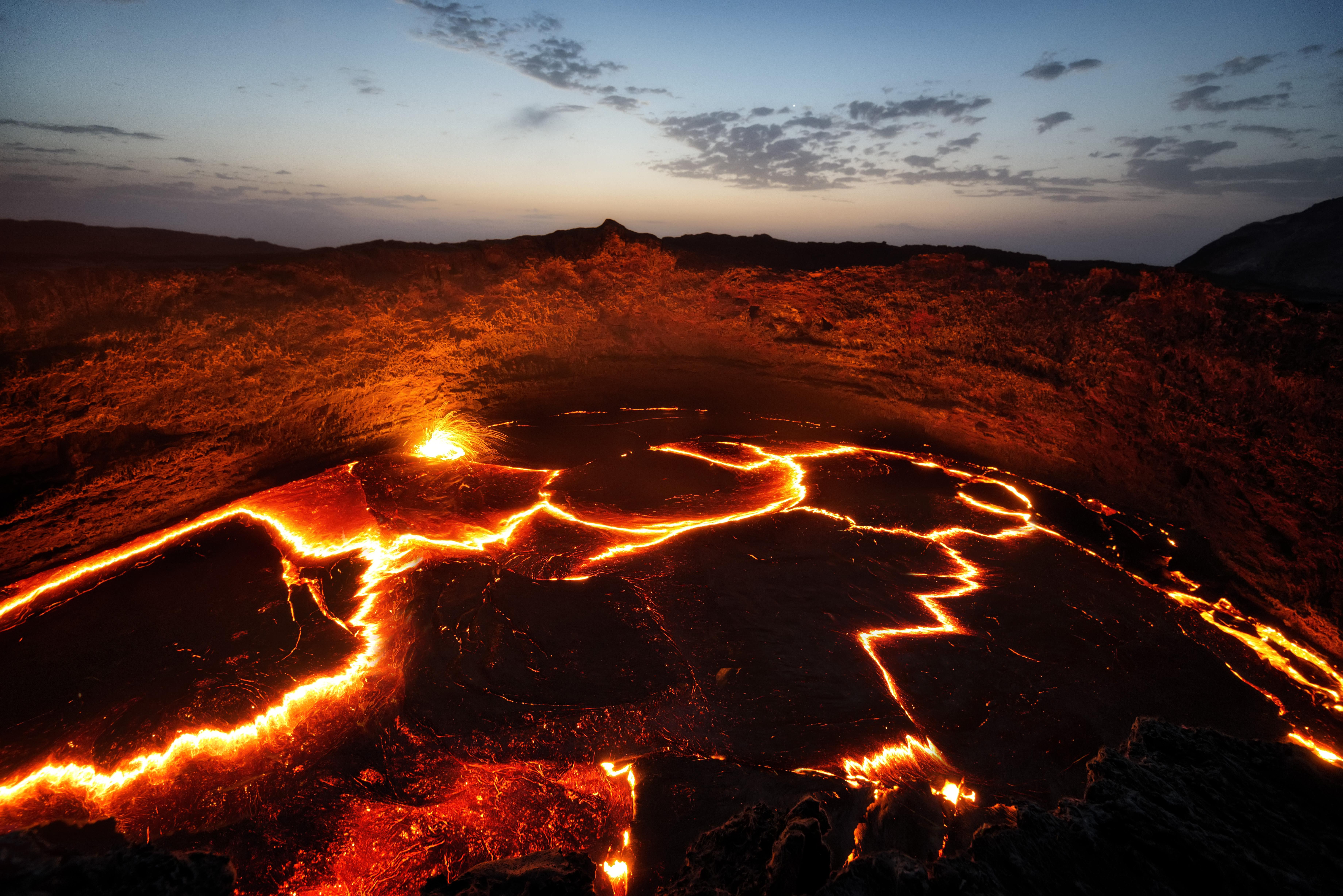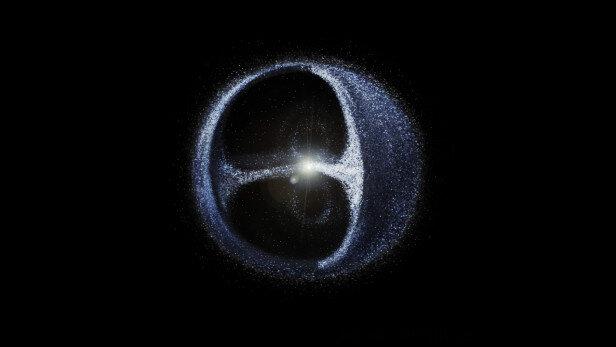planets
Life finds a way — particularly if it has a moon.
Water is vital for life. Luckily for spacefaring humans, the solar system is full of it.
How did the troughs form?
Researchers hypothesize that these exoplanets could support the development of alien life.
Surrounding Earth is a powerful magnetic field created by swirling liquid iron in the planet’s core. Earth’s magnetic field may be nearly as old as the Earth itself – and […]
Yes, the magnetosphere is weakening. It does that from time to time.
How can we understand mysterious planets like Jupiter? Use giant lasers!
Jupiter’s atmosphere is hotter than it should be, and now we know why.
Scientists look to erupted sea glass — lava that erupted in the ocean and was instantly chilled by the surrounding water — to take Earth’s temperature.
The eastern inner core located beneath Indonesia’s Banda Sea is growing faster than the western side beneath Brazil.
Scientists do not know what is causing the overabundance of the gas.
Tiny fluctuations in old Kepler data reveals four runaway planets that are reminiscent of Earth.
The Taupo volcano was responsible for one of the most violent eruptions on record.
Geologists discover a rhythm to major geologic events.
Astronomers possibly solve the mystery of how the enormous Oort cloud, with over 100 billion comet-like objects, was formed.
The eclipse season is starting with a bang.
Since 1957, the world’s space agencies have been polluting the space above us with countless pieces of junk, threatening our technological infrastructure and ability to venture deeper into space.
A new paper reveals that the Voyager 1 spacecraft detected a constant hum coming from outside our Solar System.
Scientists have long puzzled over how Mars, a cold and dry planet, was once warm enough to support liquid water.
Oxygen is thought to be a biomarker for extraterrestrial life, but there are at least three different ways that a lifeless planet can produce it.
New studies find the interstellar comet 2I/Borisov is the most “pristine” ever discovered.
Researchers propose a new method that could definitively prove the existence of dark matter.
A new model of the Antikythera mechanism reveals a “creation of genius.”
A new study makes a compelling case for the origin of unexplained masses of underground rock causing changes to the Earth’s magnetic field.
Some scientists believe the lightning-produced frequencies may be connected to our brain waves, meditation, and hypnosis.
NASA astronomer Michelle Thaller is coming back to Big Think’s studio soon to answer YOUR questions! Here’s all you need to know to submit your science-related inquiries.
The controversy over the universe’s expansion rate continues with a new, faster estimate.
A physicist creates an AI algorithm that predicts natural events and may prove the simulation hypothesis.
A unique star system where exoplanets orbit their star backwards located by researchers.
